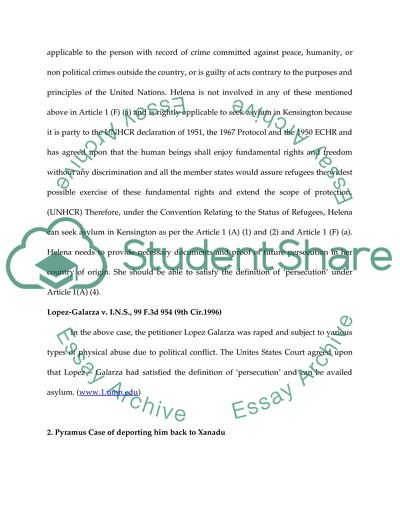Cite this document
(“Refugees and Human Rights Essay Example | Topics and Well Written Essays - 4500 words”, n.d.)
Retrieved from https://studentshare.org/law/1507657-refugees-and-human-rights
Retrieved from https://studentshare.org/law/1507657-refugees-and-human-rights
(Refugees and Human Rights Essay Example | Topics and Well Written Essays - 4500 Words)
https://studentshare.org/law/1507657-refugees-and-human-rights.
https://studentshare.org/law/1507657-refugees-and-human-rights.
“Refugees and Human Rights Essay Example | Topics and Well Written Essays - 4500 Words”, n.d. https://studentshare.org/law/1507657-refugees-and-human-rights.


